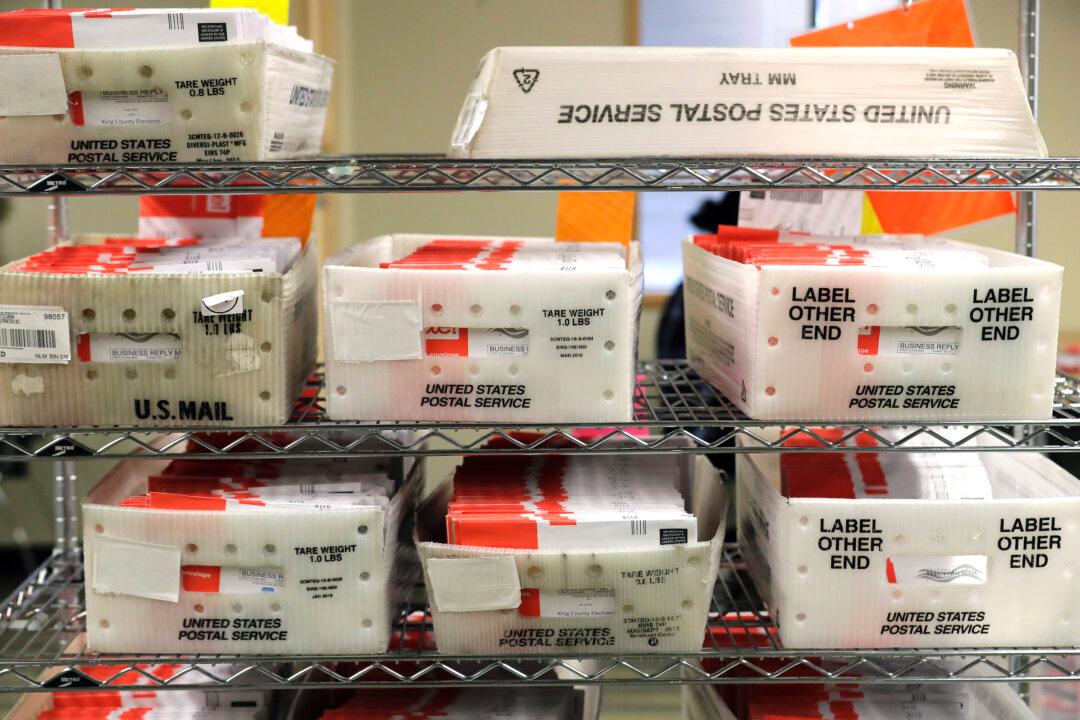A federal appeals court on Sept. 27 temporarily paused a nearly week-long extension for counting absentee ballots in Wisconsin state in the upcoming election.
Absentee ballots in the key presidential battleground state will now, as it stands, be due by 8 p.m. on Nov. 3, the 7th Circuit Court of Appeals ruled Sunday.





